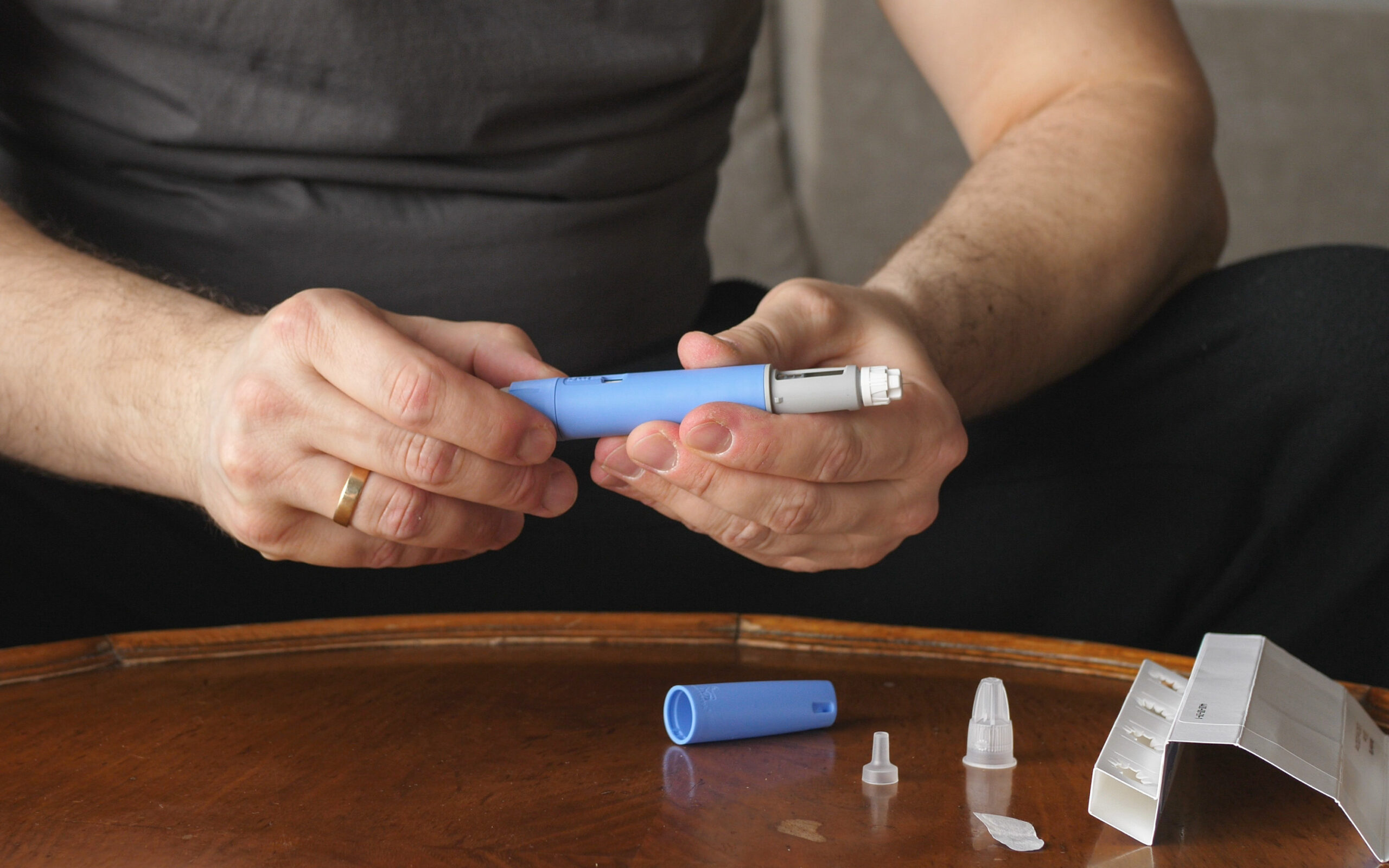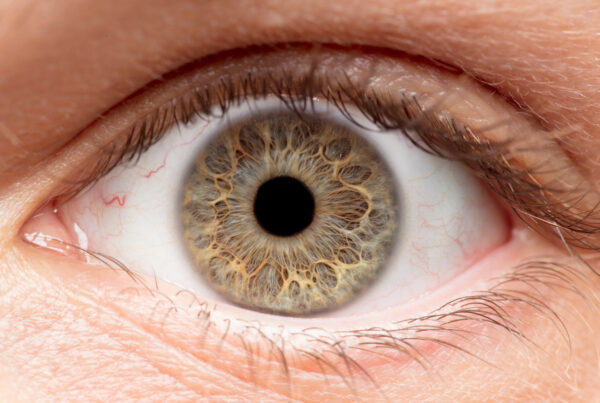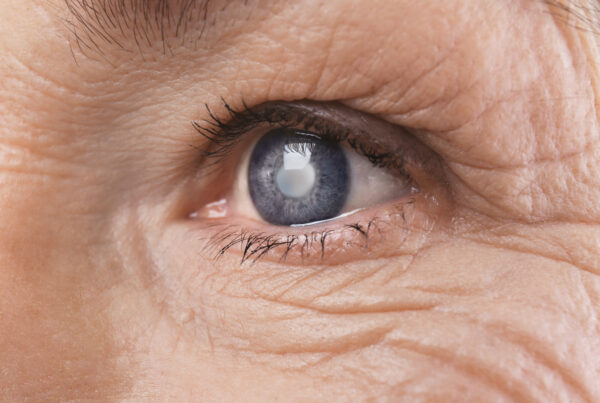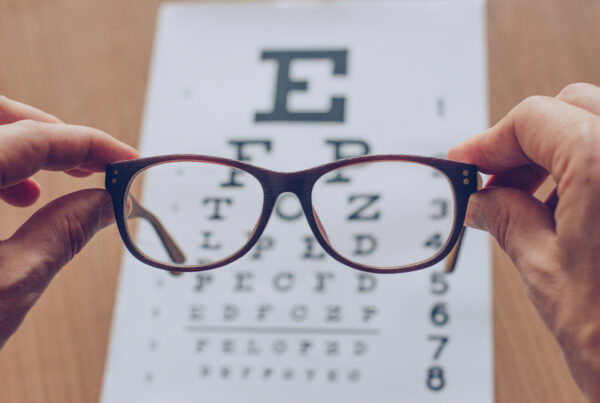
Your doctor just put you on Ozempic (generic name: semaglutide) to better control your diabetes, so that should mean it will help your eyes too, right? It’s a complicated answer. As more and more people are trying Ozempic for the first time and seeing great results with reduction in blood sugar, A1C, and weight, eye doctors noticed that even though the numbers were improving, a small percent of patient’s eyes were looking worse. Because so many doctors were noticing and reporting this, now many studies have been done and are in the process to figure out exactly how and why Ozempic is worsening diabetic retinopathy.
Diabetes is a disease where your body has trouble converting sugar into usable energy. After eating a meal, insulin is released by the pancreas to tell your cells to break the sugar down so your body can use it for energy. In diabetics, your body stops responding to insulin or does not make enough of it, so the sugar stays in the blood stream. Too much sugar in the blood stream can significantly damage the blood vessels, causing them to leak. The leaking blood vessels can damage whatever tissue the blood is going to. We see this in diabetic retinopathy, where the tiny blood vessels that carry oxygen to the eye begin to leak and cause hemorrhages in the retina. If this happens in the macula, or the part of your retina responsible for your central vision, it can cause fluid buildup in the macula, or macular edema, and give you very blurry vision.
With improved blood sugar and A1C, we typically see diabetic retinopathy and macular edema improve over time. However, with Ozempic use we are seeing about 10-20% of patient’s retinopathy and macular edema worsen. That percentage is higher for those who already had advanced retinopathy and/or edema. The good news is, this appears to be a change early on (about three-six months) while taking the medication and should eventually improve the retinopathy and edema. Studies are showing this “early worsening” happens in the first year or two, but then provides much better control of the retinopathy long term. The vast majority of people taking the drug do not have the early worsening. We still don’t have a great answer for exactly why this occurs. In conclusion, Ozempic is still a wonderful drug to better control diabetes, reduce cardiovascular events and renal complications, and lose weight. Even though there is an early worsening of retinopathy, it is not a permanent change and is expected to improve over time. It’s important to note that this is not a change we are seeing in people who are taking the drug for weight loss purposes. It is always a good idea to let your eye doctor know of any changes in your diabetic medications, so we can better prepare for any changes in the eye. Diabetics with existing retinopathy should have their eyes examined every 3-6 months, and diabetics without retinopathy just once per year.
If it’s time for your exam, give Sure Vision a call to schedule an appointment.
Source: https://www.aao.org/eyenet/article/update-on-semaglutide-risks



